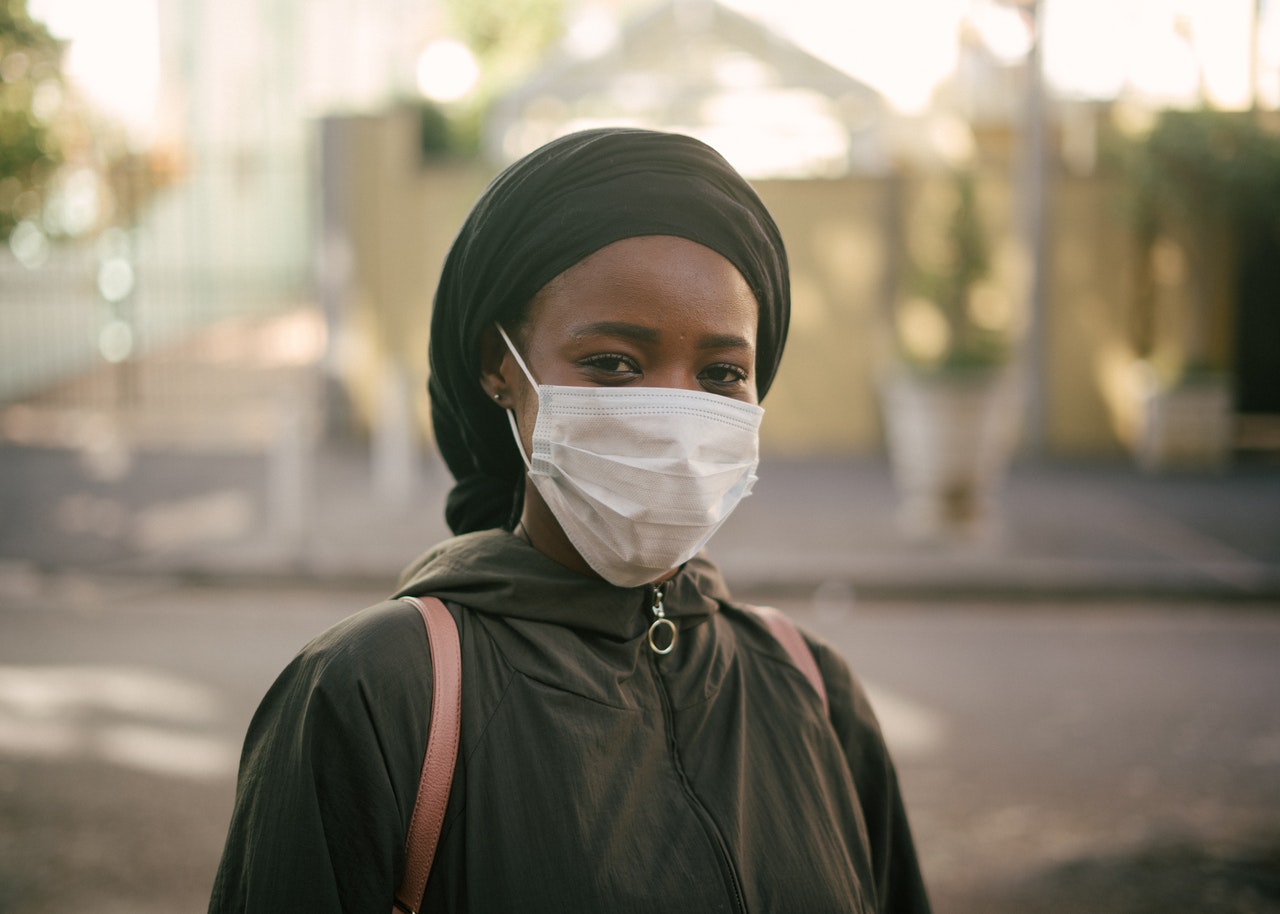Features
Could COVID-19 Give Rise to Other Pandemics?

This description scares me, but I am not terror-stricken; I have seen hunger. Here, hunger is not an unfamiliar concept. A customer in a restaurant in certain parts of Northern Nigeria knows not to leave his bowl of food carelessly; one turn of your neck and your food is already in the hands of hungry almajiri boys scrambling to have a morsel.
Once, a woman walked up to me as I hurried to cross the pedestrian bridge in Ojota, she grabbed my arm from behind, clasped her palms together and said, “jo omo mi, ebi ni npa mi” (please, my daughter, I am really hungry). My eyes drank in her small frame: her shoulders had wells, their blades were sharp and protruding. Her yellow eyes ran deep into their sockets. Her loose wrapper wormed down her small waist and her blouse was too large for her shriveled breasts. She had hunger written all over her.
While I may have seen hunger splattered casually – at almost every nook and cranny of the country, starvation is still strange to me. The first memory I have of starvation was in Oyo where I had gone to see my friend, a medical doctor. In his phone gallery was a picture of him cradling a child whose ribs threatened to rip his skin. The child had a round, protruding belly, a small head, overly large eyes, very thin arms and legs, and hair sprinkled sparsely on his head. “Malnutrition,” my friend says, “it is very common in the village where I served. In Jigawa.”
Like Abdo, the child died. Like Abdo, the child lives rent-free in my head.
In 2017, there was no COVID-19 but children were dying of malnutrition, and hunger, like wildfire, was running faster than economic growth. It is 2021, there is a pandemic, unavailability of vaccines in Nigeria, a fragile economy and we are, perhaps, at risk of famine and starvation.
In early 2020, as COVID-19 spread its tentacles beyond Asia into other parts of the world, Western thought-leaders predicted that Africa will be the worst-hit continent, and Melinda Gates foresaw “bodies lying around in the street of African countries.” Today, with millions of infected persons and over a million deaths, Western countries are more ravaged by the virus but developing countries are biting the bullet, economically.
In Congo, about 21.8 million people are facing high levels of acute food insecurity. The collapse in oil prices plunged the Nigerian economy into a severe economic recession, the worst since 1980.
While we may have risen above the prediction of dead bodies littering our streets in 2020, the effects of COVID-19 are still so grave and they transcend beyond our health. UNICEF predicts that famine looms in Nigeria, Somalia, South Sudan and Yemen, and over 800,000 children in northeast Nigeria are expected to suffer from acute malnutrition, with nearly 300,000 of severe acute malnutrition at imminent risk of death.
With a new variant of coronavirus rearing its head in Nigeria, we have to be careful to prevent our economy from biting the dust and nip other long-term complications in the bud before they spiral out of control.
The repercussions of COVID-19 are endless: sick patients may never get ample medical attention; our already-weak healthcare system may crumble; the Kano State Government has stopped the payment of N30,000 minimum wage to its workers and reverted to N18,000; Nigeria recorded a spike in sexual assault cases during the lockdown; there’s a growing economic hardship globally; an estimated 13 million children may be forced into child marriages; more lockdowns could result in 31 million cases of gender-based violence in the world; an additional 72 million children may be pushed into illiteracy, according to World Bank; campaigns to battle malaria, polio, AIDS and other ailments may be paused, and so on.
The coronavirus pandemic is more than a health crisis – famine, illiteracy, insecurity, crime may shoot up rapidly. Another lockdown means that businesses will be shut down – hawkers cannot hawk, sellers cannot sell, casual labourers will have no income, and more people will be plunged into poverty.
Flouting COVID-19 orders – going to beaches, hosting parties, attending large religious gatherings, refusing to wear masks, wash our hands, or practice social distancing – is tantamount to biting more than we can chew as a nation.
As I stare at Abdo’s photos, I pray that we never get to the point where our bodies consume their own muscles and hearts, or where carcasses lie around the street, not because of COVID-19, but because of the starvation that follows an economic apocalypse.
.
***
Photo by RF._.studio from Pexels




















